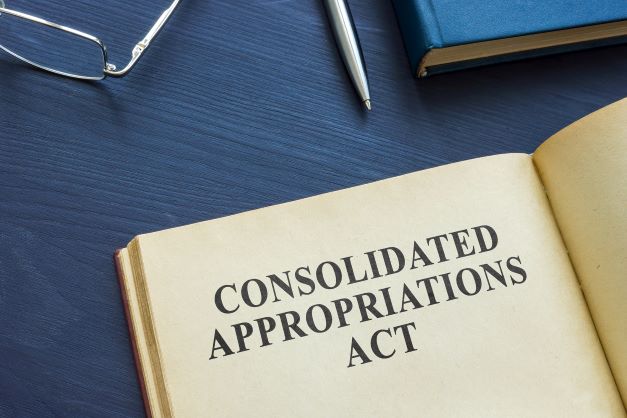This week President Biden signed the Inflation Reduction Act (Act) into law. In addition to the energy efficient tax incentives for taxpayers, the $740 billion law raises revenue through a new minimum tax on large, profitable corporations and an excise tax on stock buybacks. With this new law there are several tax changes that will impact Chicago businesses and their owners. To help clients, prospects, and others Selden Fox has provided a summary of the key details below.
15% Corporate Alternative Minimum Tax
The new law imposes a new 15% corporate alternative minimum tax on the adjusted financial statement financial income of corporations with more than $1 billion of annual profit.
In its analysis of the Inflation Reduction Act, the Joint Committee on Taxation estimated that about 150 taxpayers would be subject to the corporate minimum tax annually. This provision is effective for tax years beginning after December 31, 2022.
Excise Tax on Corporate Stock Repurchases
The new law also imposes on each “covered corporation” a tax equal to 1% of the fair market value of any stock of the corporation that’s repurchased by the business during the tax year. A “covered corporation” is any domestic corporation with stock traded on an established securities market. The 1% excise tax applies to repurchases of stock after December 31, 2022.
Increase in Qualified Small Business Payroll Tax Credit for Research
Another provision in the law boosts the payroll tax credit for increasing research activities. Currently, a qualified small business may elect to take part of the research credit as a payroll tax credit against its employer FICA tax liability. This business must have gross receipts of less than $5 million and meet other requirements. An eligible business with qualifying research expenses can then opt to apply up to $250,000 of its research credit against its payroll tax liability.
Under the new law, beginning after December 31, 2022, the business can choose to apply another $250,000 in qualifying research expenses (for a total of $500,000) against its payroll tax liability.
Extension of Limitation on Excess Business Losses
In another move to increase future tax revenues, the Act extends the limitation on excess business losses applicable to individuals by two years, delaying the expiration from 2026 to 2028. This provision limits the amount of business losses that individuals can use to offset nonbusiness income to $250,000 ($500,000 on a joint return).
Contact Us
Since the legislation was recently signed into law, it will be sometime before the appropriate guidance becomes available. If you have questions about the information outlined above or need assistance with a tax or accounting issue, Selden Fox can help. For additional information call 630.954.1400 or click here to contact us. We look forward to speaking with you soon.





